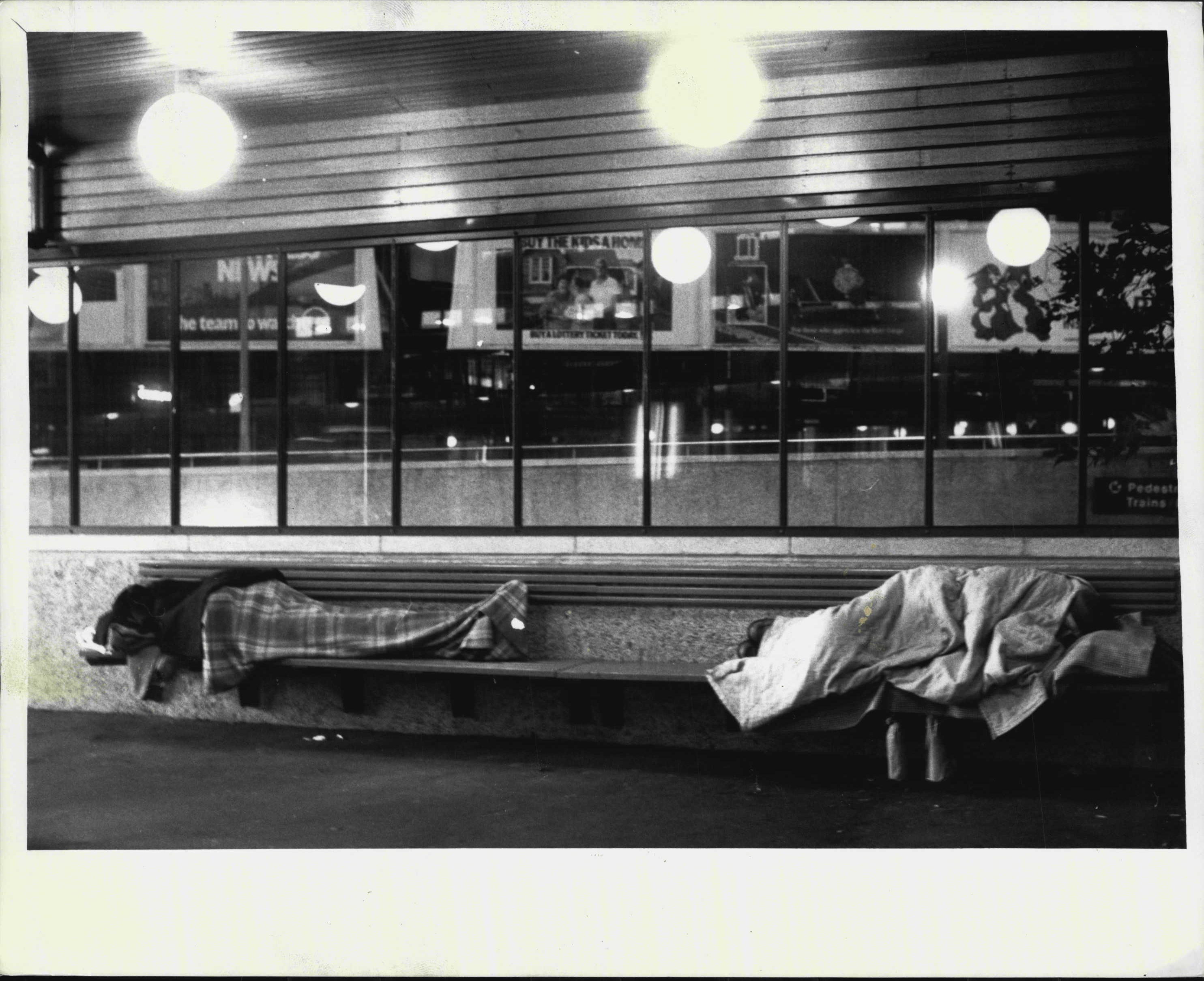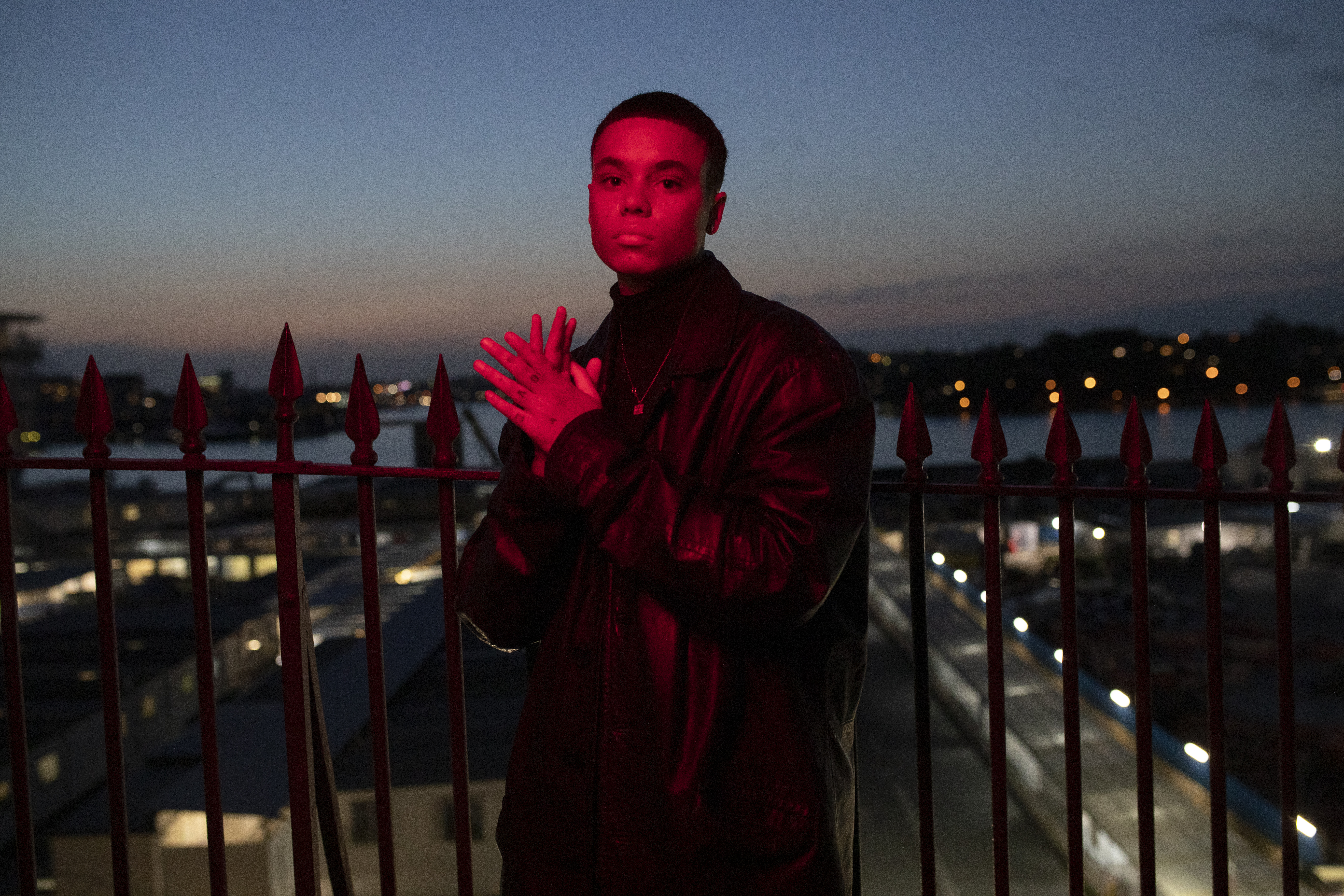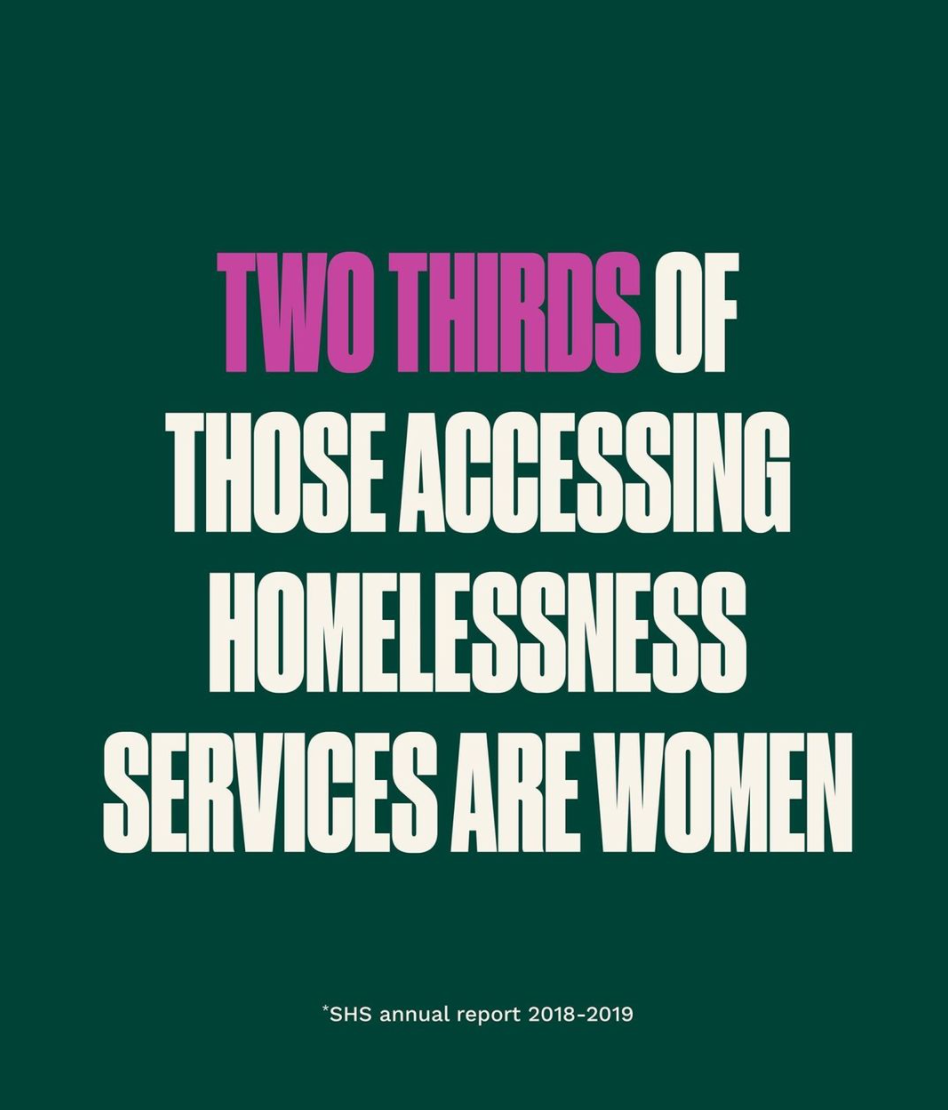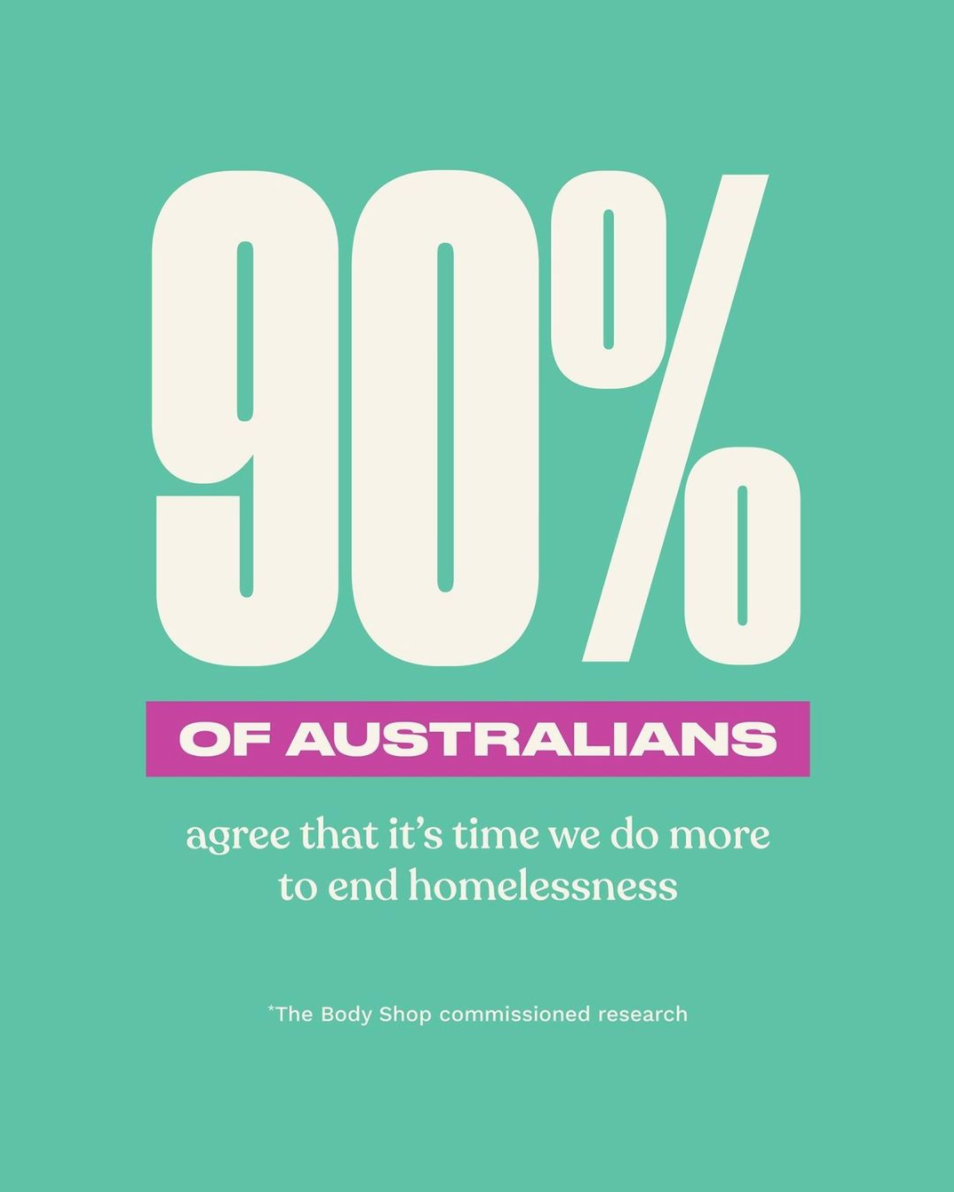News feed

Though she is just four years younger, Siala Robson and I are both one of six children. It’s a stark realisation however to know that while I’ve been privileged with a stable home, Robson and her five siblings have spent much of their adolescence with their Mother, in an out of the temporary accommodation. When the young music prodigy appeared on The Voice Australia in 2020, she was also living in a women’s shelter as a result of domestic violence. She describes the moment she was forced to defend her mum as one of her most frightening.
The image of homelessness is outdated. The perception is largely based around males who are seen to have a substance abuse problem or suffer from poor mental health.
46 percent of Australians believe that homelessness is a result of poor lifestyle choices.
But according to new research, 61 percent of those who accessed homelessness services from January to June 2020 were in fact, women. And the leading cause for homelessness in women is domestic violence. More troubling, is 52 percent of those who were seeking assistance were accompanied by children.
It begs the question: could abolishing these stigmas lead to more meaningful progress not only at a level of public opinion, but within Government institutes? We need more funding. We need change for our sisters.
This Christmas Robson artist has released a powerful rendition of iconic 90s anthem, Gypsy Woman (She’s Homeless). Through this project and in partnership, every sale from The Body Shop will donate three cents to Launch Housing to the maximum of $35,000 AUD. This will ensure more women can too, experience a joyous Christmas in the future.

“It’s really important for us as an organisation to highlight these realities and generate more empathy for the issue, because, with empathy and public support, we can generate real change,” says Launch Housing’s General Manager of Campaigns and Engagement, Howard Ralley.
Speaking to GRAZIA’s features writer Rebekah Clark, Robson paints a picture of homelessness as a young woman.
GRAZIA: A lot of people don’t like to think about a young woman being homeless, but it is an issue that affects so many women in Australia. What led to you being homeless?
Siala Robson: “So many people don’t realise the extent of female homelessness in Australia, through my work with The Body Shop I have learnt that over 61 percent of those accessing homelessness services are women and new research reveals that 35 percent of Australian women have experienced homelessness or know someone who has. There are so many contributors to female homelessness, but the primary reason is domestic and family violence.
For me, my mum was in a really bad domestic situation. She was supporting me and my five siblings and struggling financially, so found herself in a really vulnerable position and unfortunately became a victim of domestic violence.”
It got to the point where we had to get out, and that’s when I first experienced homelessness.
How did you spend your first night?
SR: “Our first step was to call the local refuge; they do such great work supporting women and children at risk of homelessness, but unfortunately sometimes there are so many people in this situation that you can’t always get a space straight away. We were able to lean on friends and family who could help us for those first few days, and spent time couch-surfing, but I also know that not everyone experiencing homelessness has this support.”
Can you describe your scariest moment?
SR: “Growing up in a domestic or family violence situation is really scary, you have to mentally grow-up really quickly and I personally took on the role of protector for my family. I would often put myself in a situation to defend my mum, and dealing with that at a young age was really scary. It is still something I’m processing and working through.”

When you were homeless and you thought about your ambitions, what did you think the future had in store for you?
SR: “Even when I was young, I always knew that I wanted to be a musician; no matter how many people told me I wasn’t going to make it, or what situation I was in, I always said that I wouldn’t make any money until I made it from music. I manifested that and pushed for it; that goal helped me get through some hard times and now that it’s come to life, it is a dream come true.”
How did music transport you away from darker times?
SR: “Music has always been a huge outlet. It’s really tricky for me to talk about those times and, even now, I can still get really overpowered with a lot of emotions. Many of my songs draw on difficult experiences and help me process them. I feel like when I write music it’s so healing, it relieves me and gives me hope.”
You’ve added a few of your own riffs, and a new rap, to your cover of Gypsy Woman (She’s Homeless). Would you say writing this track was cathartic for you?
SR: “For me, I think music will always be an outlet as, even though I’m no longer experiencing homelessness and domestic violence, the issues and memories don’t suddenly go away. Just before I got into the studio to record Gypsy Woman (She’s Homeless), I was dealing with quite a lot and just sat down in the hotel to jot down all my emotions; it felt like such a release. I love this song and the meaning behind it. Even though it’s a heavy topic, it’s still upbeat and joyful and reflects my hope that we can end female homelessness.”
Listen to Gypsy Woman (She’s Homeless) here.
What do you hope people take from your new track and the work you’re doing with The Body Shop?
SR: “There are so many misconceptions around homelessness that we need to break. New research from The Body Shop found that 46 percent of Australians believe that homelessness is a result of poor lifestyle choices but in reality, it’s such a complex issue. Domestic violence, unequal burden of care, financial difficulty and sudden job loss; not only are these contributors to homelessness, but they are issues that can affect any of us.
That’s why I’ve teamed up with The Body Shop for this campaign, to fight these stigmas and to show that homelessness can happen to anyone. The song’s key lyric “she’s just like you and me but she’s homeless” really encapsulates that and I hope that this campaign helps to open minds and inspire people to come together and take action against female homelessness.”

If you could write a letter to the homeless this Christmas, what would you say to them? How could you lift their spirits?
SR: “It’s so important to realise that you aren’t going through this alone, and that this situation doesn’t define you. Homelessness affects so many people, but it is temporary and there is a way out.
Remember that it’s just one part of your journey and will make you stronger, so don’t lose faith and keep pushing through.
How can our readers help not only this Christmas but for lasting change in the future?
SR: “The Body Shop’s research shows that 91 percent of Australians want to do more to end homelessness, and the good news is that there are so many different ways to help. From donating time and money to organisations like Launch Housing to having important conversations with family and friends to raise awareness and fight stigmas.
Even something as simple as starting a conversation with someone who is experiencing homelessness can make a huge difference. The situation can be very isolating so by taking that time out to make a real connection, you can make someone’s day.
The Body Shop is also making it easy for Aussies to help. It is donating a portion of profits from every purchase this Christmas to supporting a national program from Launch Housing providing immediate financial assistance to women and children experiencing homelessness. You can treat your friends (or yourself) whilst knowing that your purchase is having a positive impact on women experiencing homelessness as a result of domestic and family violence.”









